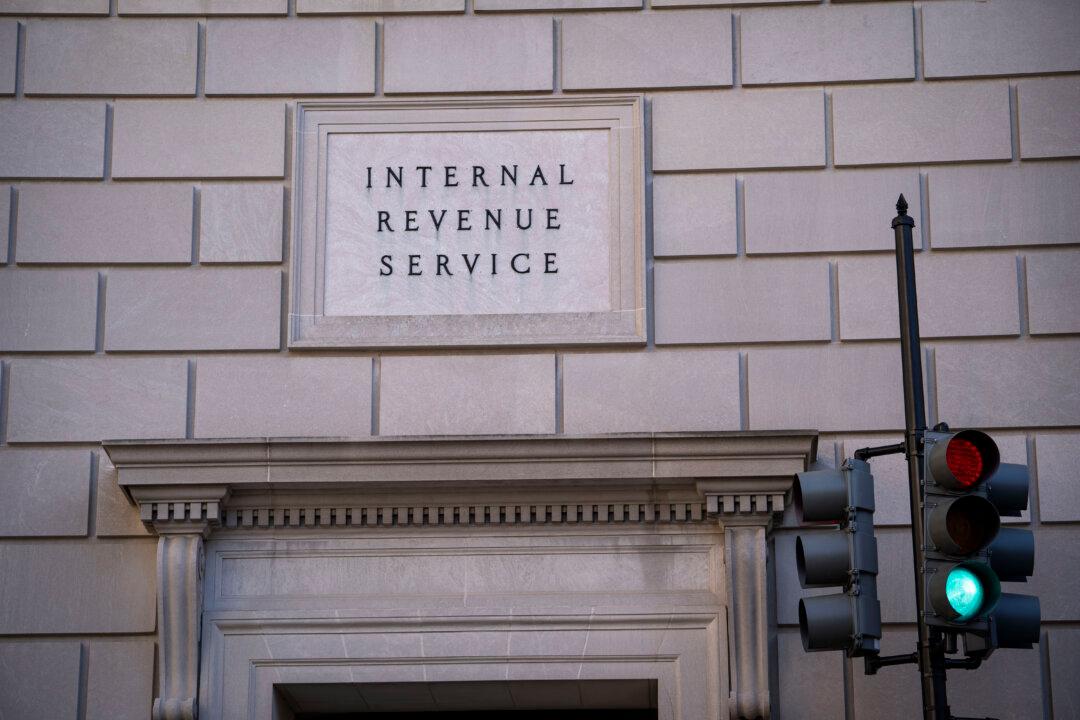The IRS is warning tax professionals to be vigilant about “new and evolving schemes” that use phishing emails and artificial intelligence (AI) to steal sensitive information.
The agency urged tax professionals to be on the lookout for a wave of scams “hitting taxpayers with frequency,” including those in which criminals use AI to gain access to Social Security numbers, birth dates, and banking information from victims.




